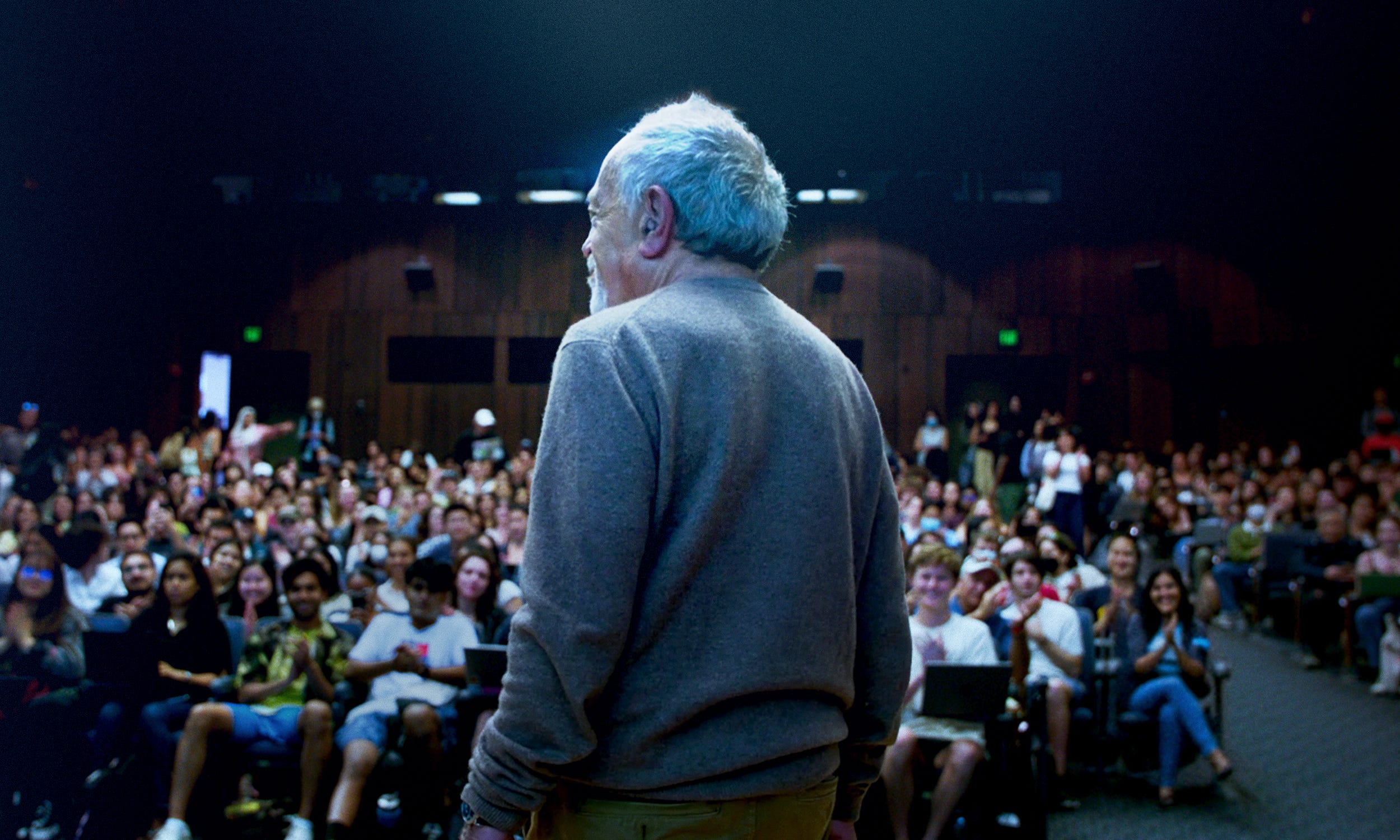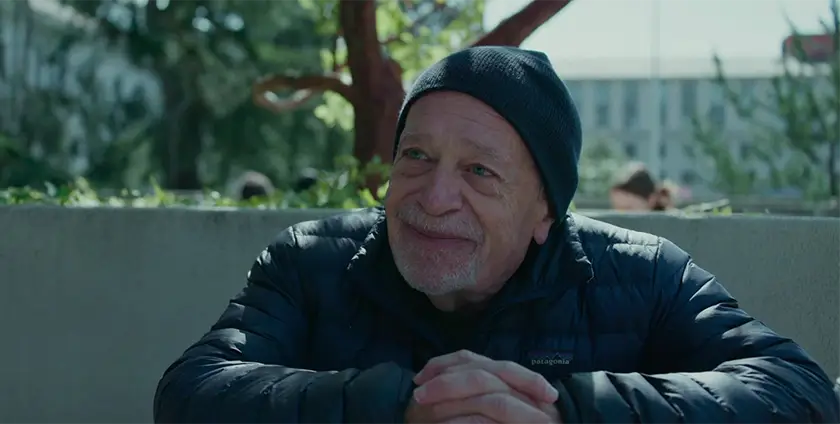Director: Elliot Kirschner
Writer: Elliot Kirschner
Stars: Robert Reich
Synopsis: The film follows former Secretary of Labor Robert Reich as he teaches his ‘Wealth and Poverty’ course at UC Berkeley for the final time, capturing a master educator as he wrestles with his own aging and the reality of his students inheriting a world of widening economic inequality.
In an era of fiercely partisan political documentaries, The Last Class strikes a conspicuously quiet and gentle tone. It presents an intimate portrait of Robert Reich, the former US Secretary of Labor, during his final semester of teaching. The film succeeds beautifully as a study of a beloved teacher, capturing the warmth and wit of its subject. However, its gentle focus on the art of teaching often comes at the expense of a clear point of view, leaving one to wonder if its affection ultimately smothers its fire.

Visually, the film has the polished aesthetic common to many contemporary streaming projects, for want of a better phrase, the ‘Netflix style’. Its handsome exterior shots wisely place the viewer on the sun-dappled Berkeley campus, creating an immersive academic world. Within this frame, the film presents its strongest case as a character study, carried by Reich’s undeniable charisma. He is a charming subject, full of self-deprecating wit, and the camera captures a man happiest when examining difficult subjects with his students.
The film truly excels when it showcases his teaching method. We see his delight in the “special kind of alchemy” that occurs when a teacher connects students to a subject, and one scene perfectly encapsulates this. Reich demonstrates the power of incentives by giving one student in a pair a hypothetical $1,000 to split; if their partner rejects the proposal, neither gets a penny. The joy he takes, not in the result, but in exploring with them why they made their choices, is palpable. It shows us a teacher who understands that great teaching is not about providing answers, but about cultivating a generous and infectious curiosity.
And yet, for all its success in capturing the man, the film’s central weakness is its reluctance to engage fully with his life’s work. He is presented by listing his previous job titles, but there is little more than a passing attempt to explore the substantive material he is teaching. There is a theme about Reich teaching his students how to think, rather than what to think. However, it seems like a waste of the subject to not explore in more depth what his views are on the world. For a film about a major political voice, this choice to remain amiable and uncontroversial feels less like a stylistic decision and more like a frustrating evasion, especially in our current political climate.
This avoidance is perhaps tied to the palpable sense of melancholy that hangs over Reich as he faces retirement. His sadness feels like more than just a personal milestone; it seems to symbolise the closing of a wider political era. His career, after all, was defined by a respect for institutions, the pursuit of fairness, and the effort to find common ground. What stands out is not just his views, but the respectful, compassionate, and curious way in which he expresses them, qualities that feel increasingly absent from modern politics.

We are never told why Reich is retiring, however as a viewer you get the sense that it was perhaps not totally his decision. As Robert Reich brings his last class to end, as a viewer you are left with the sense that this is a man with much still to offer his students, and perhaps the rest of us. You also get the sense that he knows this too, which is what makes his retirement seem, in the end quite unsatisfying.
The Last Class is, in the end, a pleasant and heartfelt tribute. It is a warm and often moving documentary that is impossible to dislike. But in choosing to celebrate the teacher, it sadly refuses to engage with many of the vital lessons his work still has to teach us all.





